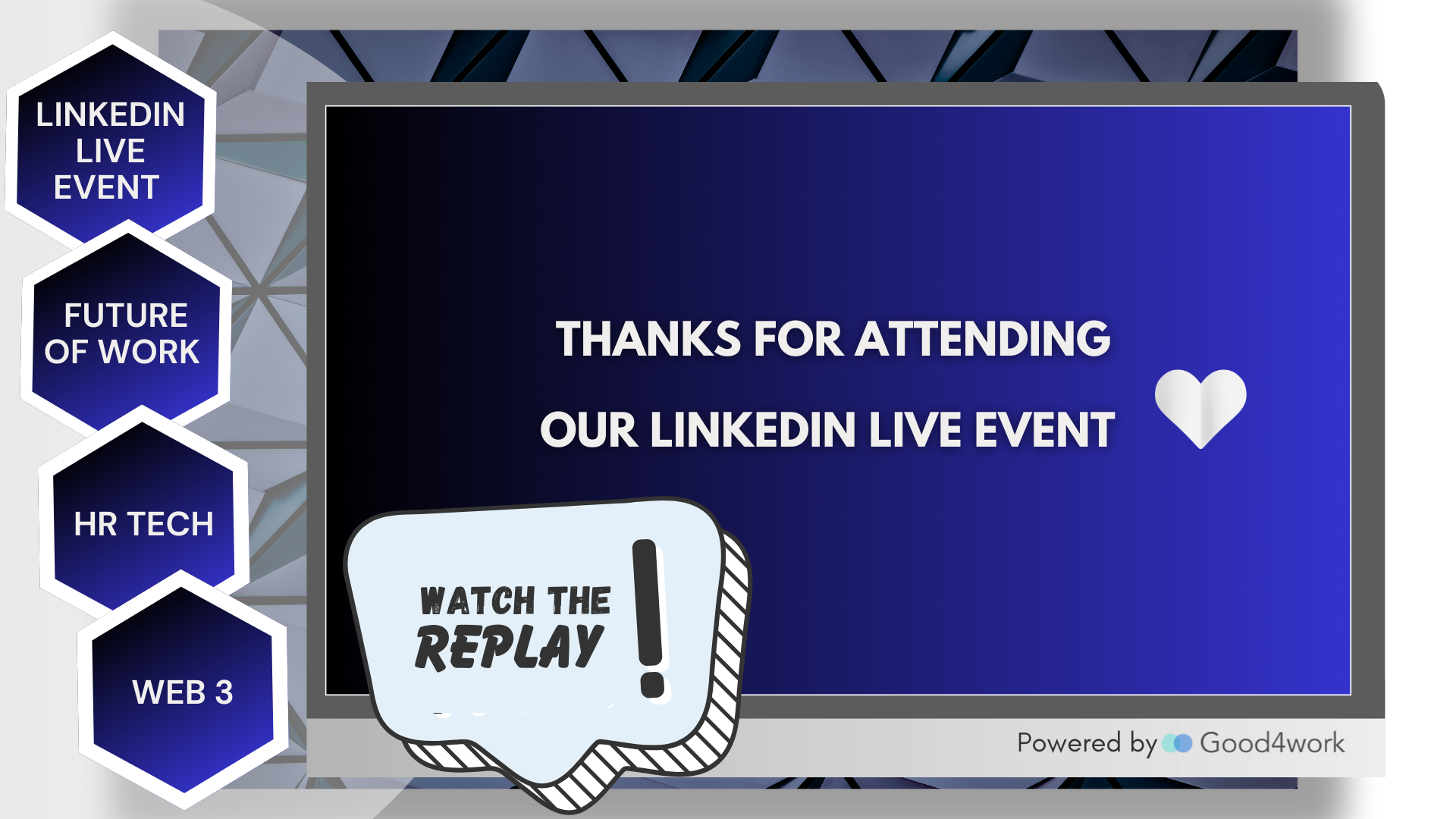BLOG

Realigning Teams Based on AI-Predicted Skill Fit and Burnout Risk
With organizations facing mounting pressure to optimize productivity while safeguarding employee well-being, leveraging AI to realign teams based on skill fit and burnout risk is emerging as a strategic imperative. Why Traditional Team Structures Fall Short Static...

Building a Verifiable Skill Passport for Cross-Company Mobility
As talent markets grow more fluid and distributed, the traditional resume has become insufficient for assessing real-world capabilities. A verifiable skill passport, underpinned by blockchain technology, offers a game-changing solution. It provides a secure, portable,...

Automating Skills Gap Analysis for Strategic Workforce Planning
Skills are the currency of competitive advantage. Yet, most organizations struggle to maintain an up-to-date, accurate view of employee capabilities across departments and roles. Without visibility into existing strengths and hidden gaps, leaders are left navigating...

Workplace Scenario: Preventing Burnout Through Real-Time Recognition
A mid-sized tech company is scaling fast. Client demand is up, product updates are shipping weekly, and teams are moving at speed. On paper, everything looks strong. But in the background, signs of burnout are starting to surface. Some of the company’s most reliable...

Workplace Scenario: Recognizing Distributed Talent Without Bias
A high-growth SaaS company with a global team is doubling down on its hybrid strategy. The workforce is split between regional offices and fully remote contributors across three continents. Leadership prides itself on having a performance-driven culture—but something...

Workplace Scenario: Bridging the Trust Gap—Ensuring the Right Hire Delivers
The Challenge: Doubts After Hiring Alex, a marketing director at a mid-sized tech company, recently hired Jordan as a digital marketing manager. During the interview process, Jordan presented an impressive resume, confidently discussing expertise in SEO, PPC...

Workplace Scenario: Balancing AI Efficiency with Human Touch in Hiring
The Challenge: Finding the Right Talent in a Sea of Resumes A fast-growing technology company, Acme Inc., was struggling to manage its hiring process. Receiving thousands of resumes for every open position, their HR team was overwhelmed. To streamline hiring, they...
Prioritize Critical Skills Gaps to Achieve Business Success
Being reactive to the workforce skill gaps is a recipe for disaster for companies around the globe! The increasing adoption of AI, shifting economic conditions, and evolving job roles demand a forward-thinking approach to talent management. The priority? Identifying...
Closing the Skills Gap: How to Acquire, Upskill, and Retain Top Talent in 2025
The 2025 Inspirus Q1 HR Trends Report highlights the growing disconnect between current workforce capabilities and evolving business demands. With 85 million jobs projected to go unfilled globally by 2030, organizations must take a strategic approach to acquiring,...
Evaluating Workforce Skills to Meet Organizational Goals: A Strategic Imperative for 2025
As organizations push for growth in an increasingly complex business environment, a persistent challenge looms—ensuring that workforce skills align with strategic objectives. According to the 2025 Inspirus Q1 HR Trends Report, CEOs are prioritizing growth, business...

Gig Workers and Consultants Don’t Get Fair Recognition for Their Contributions
The traditional workplace often leaves gig workers and consultants feeling overlooked, with full-time employees receiving the bulk of recognition and rewards. This lack of fairness not only affects morale but also impacts productivity and collaboration across teams....

How to Build an Inclusive Workforce with Blockchain-Powered Recognition
Diversity and inclusion are more than just buzzwords. They are foundational to a thriving, innovative workforce. However, despite the best intentions, many organizations struggle to create a truly inclusive environment where every employee feels valued and recognized....

Unlocking Hidden Talent: How to Close the Skill Gap with Web3
The skill gap is becoming an issue for many companies. A staggering number of companies are struggling to find the talent they need, while employees with valuable skills often go unnoticed. Good4work was designed to combat this with its Total Talent Recognition...

Good4work: More Than Just Talent Recognition—A Movement for Workforce Innovation
Companies are face challenges brought about by hybrid work models, artificial intelligence, and a growing global skills gap. To stay competitive, companies must adapt by recognizing and rewarding the talents that drive their success. This is where Good4work steps...

The Rise of AI: A New Workforce, New Challenges, and the Power of Recognition
As industries around the world adapt to the rapid rise of AI and other advanced technologies, the workforce is undergoing a transformation unlike any other. The days of traditional, location-bound workforces are dwindling as hybrid models and remote-first strategies...

Is Your Organization Struggling to Keep Up with the Rapidly Evolving Workforce Landscape?
Organizations continue to face challenges in talent management. The landscape is evolving at an astonishing pace, driven by AI-driven disruptions, widening skill gaps, and the increasing complexity of managing hybrid workforces. As the workforce transforms,...


